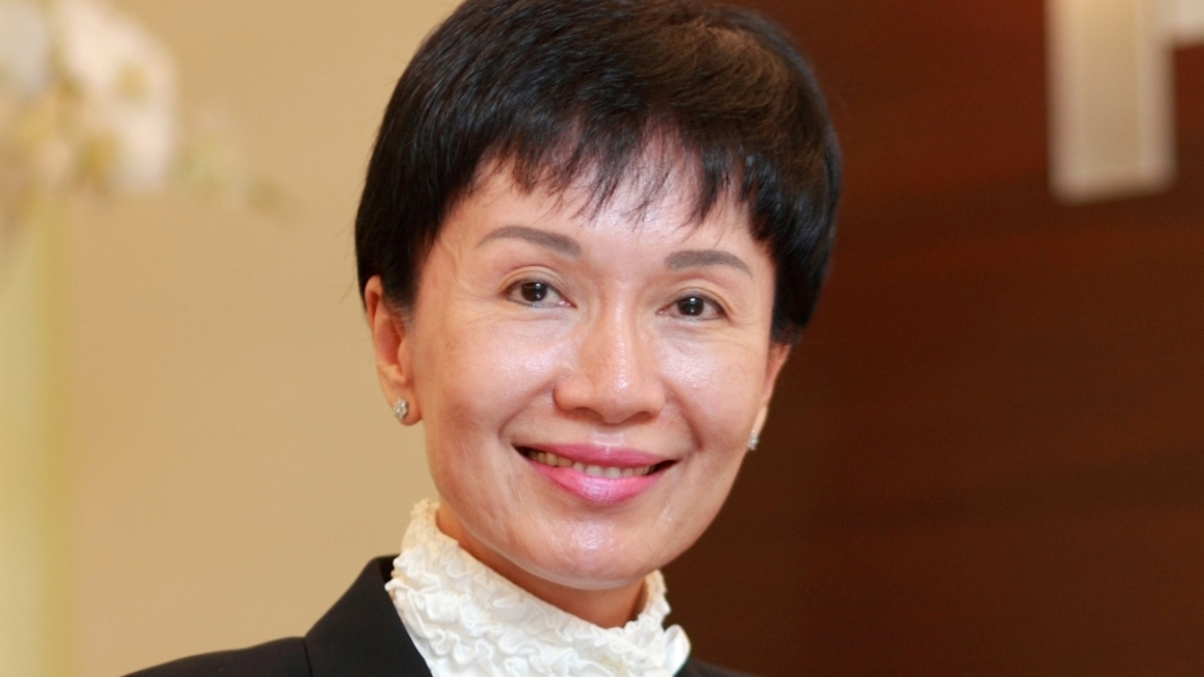MPF proposal would be beneficial: BCT chief
The head of Bank Consortium Trust says an automatic mechanism to determine levels of contribution to Hong Kong's Mandatory Pension Fund would solve several issues.

An automated mechanism to determine the levels of contribution to Hong Kong's public pension scheme would solve certain issues, including political ones, argues a senior industry executive.
Sign in to read on!
Registered users get 2 free articles in 30 days.
Subscribers have full unlimited access to AsianInvestor
Not signed up? New users get 2 free articles per month, plus a 7-day unlimited free trial.
¬ Haymarket Media Limited. All rights reserved.


